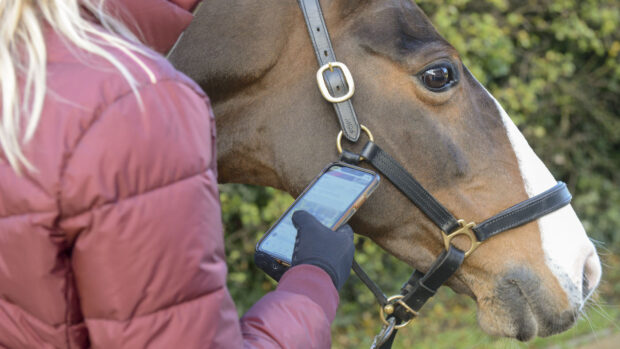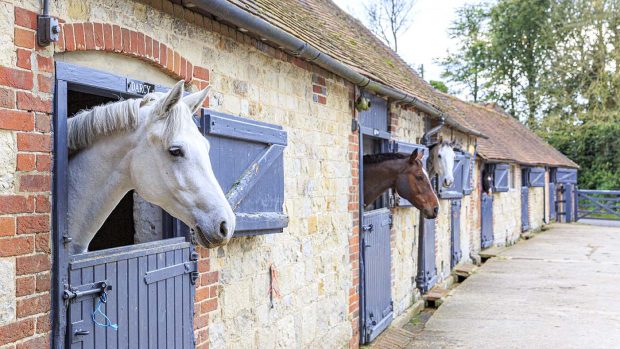Q: I keep my two horses on a DIY livery yard and rent two stables and a field for my horses’ exclusive use. Because one of them is rather flighty, I requested that field maintenance is only carried out with my consent. I am happy to keep both horses stabled for this to be done.
Despite my request, the yard owner has taken a tractor into the field while my horses were grazing and maintains that he has every right to do so without prior warning. There has already been an incident on the yard where a tractor entered a field while horses were turned out, resulting in one of them galloping on to the road and being killed by a car. My own mare has previously panicked in the field and galloped into the fencing.
Does the livery yard owner have the right, without prior warning, to take tractors into the field while my horses are turned out? If so, and an accident occurs, who would be responsible for the damage caused?
RF, Oxon
STUART Farr from Laytons solicitors said: “Unless your agreement to rent the field constitutes an agricultural tenancy then it is more than likely the obligation and duty to ensure your horses do not escape rests with the livery yard owner. If your horse escapes as a direct consequence of him conducting field maintenance, there is a high risk that he will be liable for any claim for damage or injury caused. Likewise, if your horse is injured, you may have a claim for negligence against the yard owner.”
However, unless your livery agreement contains a provision giving you the right to demand or receive notice of the yard owner’s intention to carry out field maintenance, there is little you can do to stop it happening. But the situation gives rise to risk management and health and safety issues.
“Conscientious livery yard owners will co-ordinate with their customers to ensure that activities carried out on the premises are as safe as possible. To an extent this can be catered for in the livery agreement — the right of a yard owner to call a vet to administer urgent treatment to a horse, for example,” said Stuart.
“If the yard owner remains unwilling to agree to your request so that you can stable your horse while field maintenance is carried out, you will need to decide whether the present arrangement is right for you and your horse. You should bear in mind the apparent history of previous events and whether you have adequate cover if something were to go wrong.”
David Buckton from SEIB recommends insuring your horses against accidental injury as a priority.
“The yard owner should also make sure his policy includes public liability insurance and the previous accidents must be fully disclosed to the insurance company,” he said.
“If there is ever an accident, liability will depend on the particular circumstances — who will meet any third-party claim will then depend on policy wordings as to which makes a contribution. But as long as the owner has public liability insurance, he will be covered.”
Information
Laytons Tel: 0161 8342100 www.laytons.com
SEIB Tel: 01708 850000 www.seib.co.uk
This Q&A was first published in Horse & Hound (8 May, ’08)



